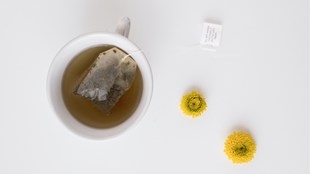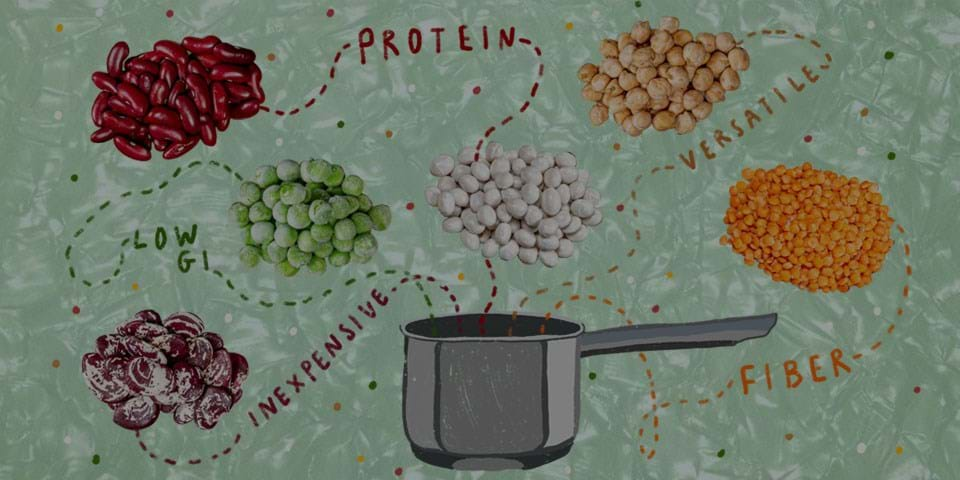When we think of liver disease, we often think of the side effects of alcoholism. But in fact a condition known as non-alcoholic fatty liver disease (NAFLD) is the leading cause of liver disease in the United States, and a major cause of chronic liver disease worldwide.
Some call it a global epidemic. By 2030 it’s estimated that more than 100 million people around the world will be affected. At the moment no medication can reverse it, although some studies suggest lifestyle interventions that promote weight loss may be beneficial.
There are two types of fatty liver disease – a build-up of fat with no actual damage to the liver is called non-alcoholic fatty liver disease (NAFLD). But if you have fat in your liver plus signs of inflammation and liver cell damage, the disease is called non-alcoholic steatohepatitis (NASH). About 10 to 20 percent of Americans have NAFLD, and 2 to 5 percent have NASH.
However, there may be hope in the humble green tea leaf. A new trial recently showed that a combination of green tea extract and exercise reduced the severity of obesity-related fatty liver disease by 75 percent in mice fed a high-fat diet.
A recent study of mice involved feeding them green tea extract and exercising regularly on a wheel. At the end of the 16-week research period, the mice had just a quarter of the lipid deposits in their liver compared to mice in a control group. The treated mice also had an increase in the lipids in their feces, which indicates a reduction in the digestion and absorption of dietary fat.
While the protocol hasn’t been tested in human trials, the researchers from Pennsylvania State University say it reflects a potential health strategy for reducing fat deposits in human livers, and that other studies also suggest this link.
This is important, because the risk factors that contribute to a fatty liver – obesity and type-2 diabetes – are also rising.
Given that exercise is already known to counteract liver inflammation, was it just the exercise that helped? Possibly not. Past studies by the same laboratory have shown that the development of obesity and insulin resistance in mice was reduced more when both green tea and exercise were implemented, as opposed to either one on its own.
The benefits of green tea are attributed to its high levels of polyphenols called catechins. As a population, we are already sold on its value – more than 12.6 billion servings were drunk in the US in 2018, and it was the eighth-most popular herbal supplement sold there in 2016.
But don’t go dumping piles of green tea extract into your morning smoothie just yet – its powerful polyphenols can also have an adverse effect on your liver.
A 2020 United States Pharmacopeia (USP) review of the hepatotoxicity (liver toxicity) of green tea extracts recently cautioned potential users. The organisation is an independent, not-for-profit, non-governmental pharmacopeia (the only one in the world) and sets quality, purity, strength, and identity standards for medicines, food ingredients, and dietary supplements.
First, the paper pointed out that green tea extract products may contain residues from solvents, pesticides, and impurities that are toxic to liver cells.
It also introduced a cautionary labeling requirement warning users that because of the high level of catechins in green tea extract, supplements (containing the powdered, decaffeinated extract) shouldn’t be taken on an empty stomach, nor by those with liver problems, and users should beware of symptoms of liver trouble, such as abdominal pain, dark urine, or jaundice.
How about claims that green tea can help prevent cancer? A review of 142 green tea extract studies (which included more than 1.1 million participants) looked for an association between green tea consumption and a host of cancers – and didn’t find much evidence.
In fact, researchers concluded that evidence for consuming green tea extract and reducing the risk of cancer was “inconsistent”, and that cancer benefits were “unproven”. They also cautioned against supplementing with high-dose green tea extract, due to possible adverse effects.
For now, moderation would seem to be the best policy. Supplements used carefully and with exercise may one day be shown to be beneficial to human health. A steaming hot cup of green tea certainly won’t hurt you, and it’s still a refreshing way to enjoy a mild caffeine buzz while possibly doing your body some good. Put the kettle on.








